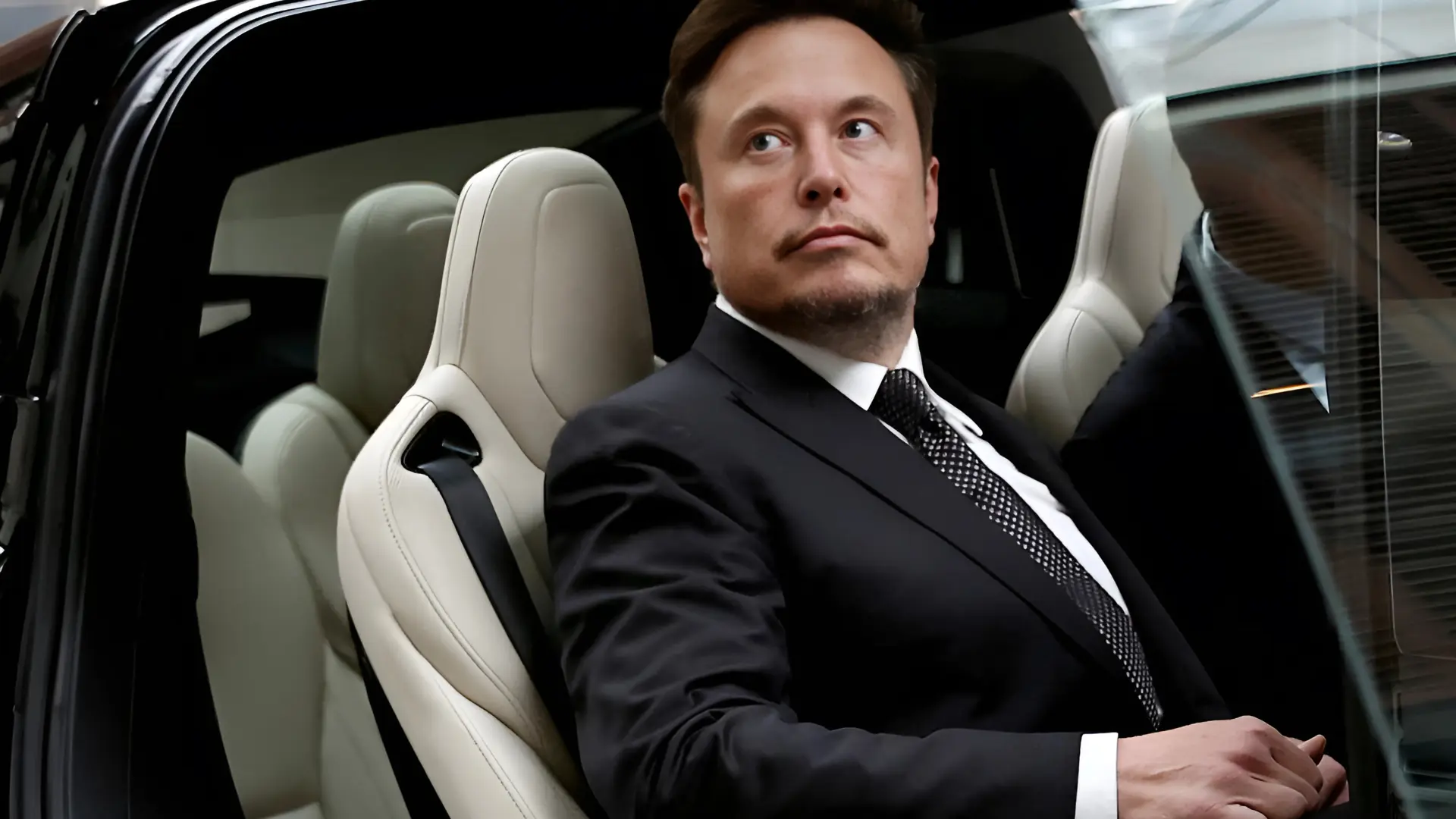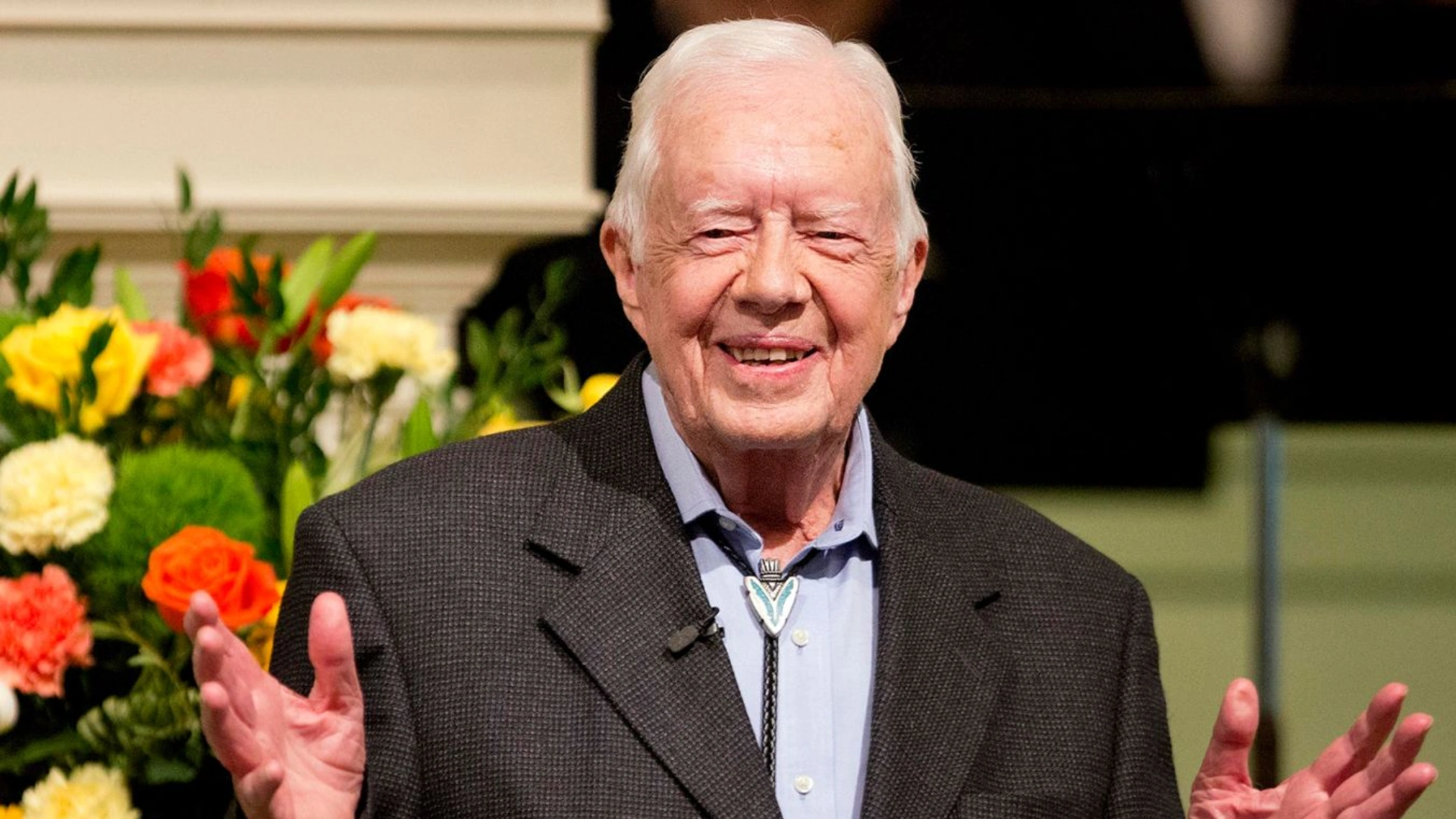Elon Musk, the billionaire CEO of Tesla and SpaceX, has sparked a political uproar in Germany after publicly endorsing the far-right Alternative for Germany (AfD) party. The endorsement, published in a major German newspaper, comes just weeks ahead of Germany’s critical parliamentary elections in February, drawing sharp reactions from political leaders and the public alike.
Government Response: “An Attempt to Influence Elections”
A spokesperson for the German government accused Musk of attempting to sway the nation’s federal elections. While acknowledging Musk’s right to free speech, the spokesperson noted, “Freedom of opinion also covers the greatest nonsense.” Musk’s intervention has fueled debates over the role of foreign influence in domestic politics.
In a commentary featured in the Welt am Sonntag, Musk stated that “only the AfD can save Germany,” describing the party as the “last spark of hope” for the country. He elaborated on his support by praising the AfD’s vision for economic prosperity, cultural integrity, and technological innovation. Musk also justified his comments by citing his investments in Germany, arguing that they gave him a stake in the country’s future.
The AfD, known for its nationalist and anti-immigration stance, has been labeled far-right and extremist by critics. However, Musk dismissed these allegations, pointing to the party leader Alice Weidel’s same-sex relationship with a Sri Lankan partner as evidence against the accusations. “Does that sound like Hitler to you?” Musk provocatively questioned in his commentary.
Germany’s Debate on Free Speech and Political Influence
Musk’s remarks have reignited a debate in Germany over the boundaries of free speech and foreign influence in politics. Some argue that his comments cross the line into undue interference, while others defend his right to express his views.
This isn’t the first time Musk has made headlines for political endorsements. He previously supported Donald Trump’s presidential bid in the United States, both publicly and financially. Following Trump’s election victory, Musk was credited by some as a key figure in galvanizing popular support for the then-candidate.
Potential Impact on German Elections
Musk’s endorsement of the AfD has raised questions about its potential influence on Germany’s electoral landscape. As a globally recognized figure with a massive social media following, Musk’s words carry significant weight, particularly among younger, tech-savvy voters.
Elon Musk’s endorsement of the AfD has not only drawn sharp criticism but also highlighted broader concerns about foreign influence in democratic processes. As Germany heads into its elections, the fallout from Musk’s commentary will likely continue to be a contentious topic in political and media circles.
Read More : Mark Cuban’s Witty Response To Elon Musk’s Call For Positivity On X




















